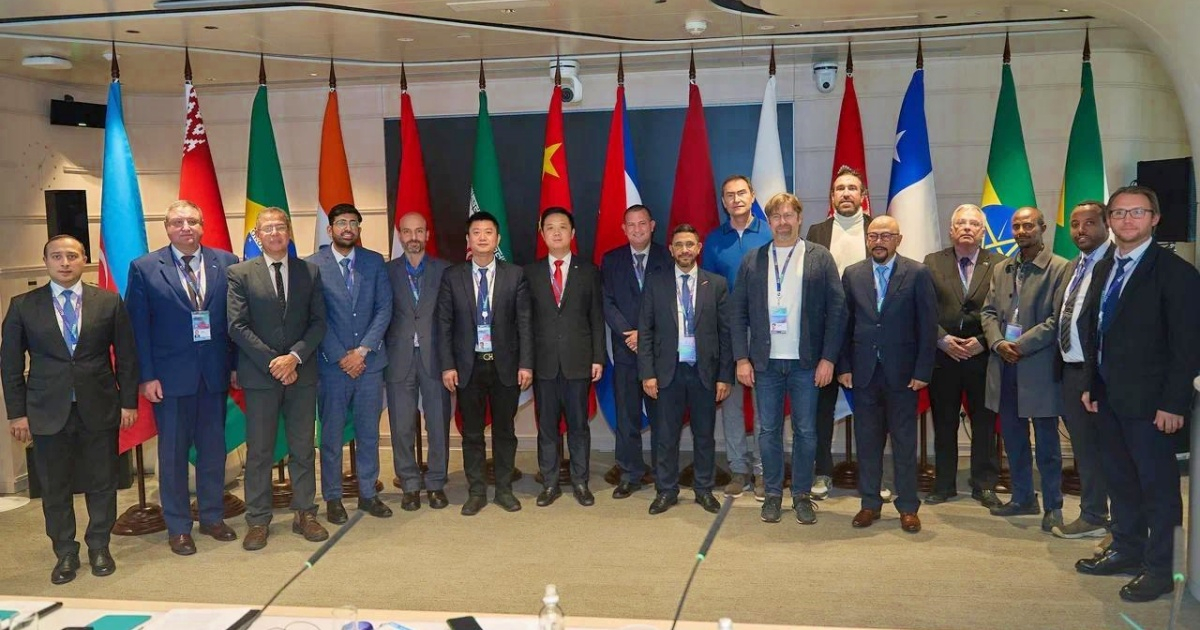Cuba has taken a notable step in the realm of Artificial Intelligence as two of its technological entities have joined the AI Alliance Network. This network is part of the BRICS group's AI collaborations, an organization that Cuba became associated with as a partner in October.
The Cuban participants in the AI Alliance Network are the Havana Scientific and Technological Park Ecosystem and the University of Information Sciences (UCI), confirmed by official sources. The AI Alliance Network of BRICS includes 13 countries and 15 organizations focused on advancing this groundbreaking technological field.
Last week, Rafael Torralbas Ezpeleta, president of Havana's Scientific and Technological Park, attended the alliance's inaugural event in Moscow, Russia, as reported by Granma. During the initial meeting, members discussed key aspects of AI development in their respective countries and proposed future collaborations, according to a Russian government publication.
Reports indicate that the Russian state bank Sberbank is leading the initiative, which aims to facilitate joint research in AI technology and regulation, covering areas such as advanced technology research, regulatory framework development tailored to both local and international needs, and capacity building in member countries.
The opening ceremony was led by Russian President Vladimir Putin, who emphasized the necessity for Russia and BRICS nations to be active participants in the "global race to create a strong artificial intelligence." Putin highlighted the significance of international collaboration and extended an invitation to scientists worldwide to join the network, particularly in light of Western sanctions that have restricted Russia's access to technological components.
The Russian government's estimates suggest that implementing AI technologies could have an economic impact of 11.2 trillion rubles (approximately 109 billion dollars) by 2030, marking a substantial increase from the 1.9 billion dollars reported in 2023.
During the event, Russian Deputy Prime Minister Dmitri Chernyshenko invited group representatives to participate in an international AI foresight session planned for 2025. It was also decided that the new alliance’s Secretariat would be managed by the Russian AI entity. Currently, Russia ranks 31st in the Tortoise Media Global AI Index, trailing behind other BRICS members such as China, which is at the forefront of global development in this field alongside the United States.
This alliance signifies an opportunity to expedite AI technology development beyond Western dominance. With the involvement of emerging powers like China and India, the bloc seeks to reshape the global AI landscape and balance international technological competition.
FAQs on Cuba's Involvement in the AI Alliance Network
What is the AI Alliance Network?
The AI Alliance Network is a collaboration of 13 countries and 15 organizations within the BRICS group, focused on advancing artificial intelligence technologies.
Which Cuban entities are part of the AI Alliance Network?
The Havana Scientific and Technological Park Ecosystem and the University of Information Sciences (UCI) are the Cuban entities involved.
What role does Russia play in the AI Alliance Network?
Russia, led by the state bank Sberbank, spearheads the project, facilitating joint research and regulation in AI among member countries.
How could AI impact Russia's economy?
Russian estimates project that AI technologies could generate an economic impact of 11.2 trillion rubles (around 109 billion dollars) by 2030.
